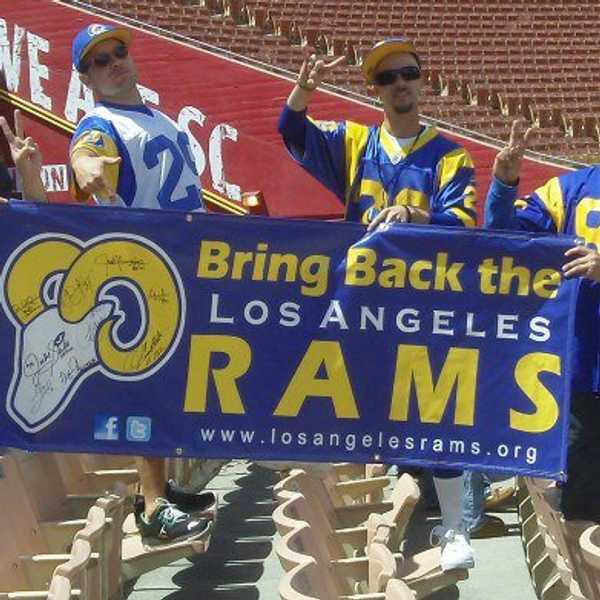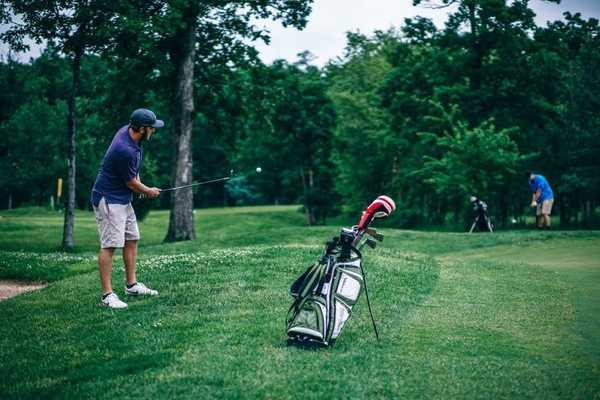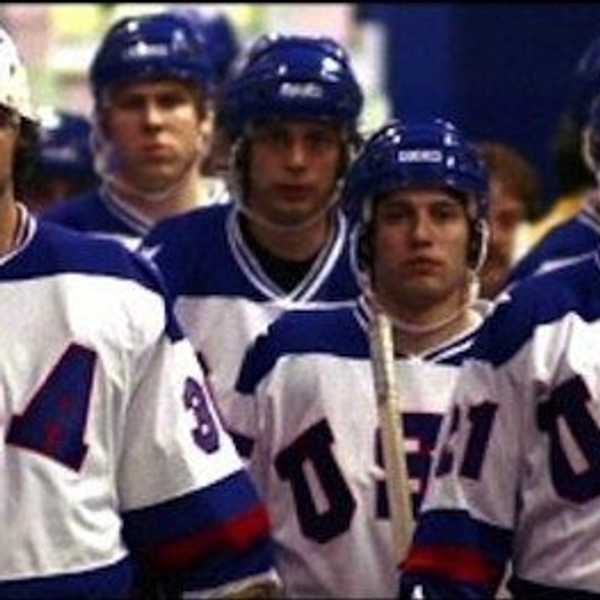Division I student-athletes don't have just one job at school.
They have two.
While students who are not competing at the Division I level are often able to balance both their sport and academics with no problem, more often than not, when your sport is your job, the pressure of performing on the field, court, or in the rink as a Division I athlete is so great that your schoolwork gets pushed to the back burner.
The problem with this is that if student athletes aren’t making the grades in college and are not paying attention in class or to their schoolwork, how will they get a decent job once they graduate? How will they be able to live the rest of their lives once they graduate because they didn’t end up going pro? Being a professional athlete is a job but college athletics shouldn't feel the same way.
Scholarships aside, college athletes don't get paid to play for the school that they attend. Many scholarships are taken away because athletes cannot meet the GPA requirement. With that in mind, what's the point of spending your entire college career practically "working" for a coach, then after four years you're incapable of holding a decently paying job? For the few years of potential fame? For the love of the game? Perhaps for the love of the game, but if students decide to play a sport because they love it, they should also learn to see their life without it (in the near future).
A lot of students around many college campuses wonder but don’t often know the answer to the question: What do Division I athletes do after college if they do not go pro? What type of jobs do they pursue?
They may be the “big man on campus” for four years, but how will they end up in the future?
The reality is that going pro following college is an extremely tough goal for an athlete to achieve. There is a lot of competition and just because you may be the “best of the best” on your college team does not mean that you will make it into the big leagues. Take this heart-breaking real life story, for example:
I stumbled upon an article about a football player by the name of Ramoji Huma. Huma’s case is a perfect example of a situation where a student-athlete is hopeful but is then immediately crushed at the reality of their future ahead. He was a talented football player at the University of California at Los Angeles. He had a coach who told him that he had “NFL potential” although he was undersized for his position. For any Division I athlete, this is a major confidence booster and motivator to work as hard as possible. However, shortly after his dream seemed like it could become a reality, he was injured:
“With that, Huma briefly joined the 52 percent of Division I football players who believe it is likely they will play in the National Football League, according to the National Collegiate Athletic Association's own data. Then, in 1998, a hip injury ended Huma's football career and ensured that he would remain a member of a different, less hopeful cohort: the 98 percent of college football players who never go pro.”
“Odds are, Huma said, he likely wouldn’t have played in the NFL even if he remained healthy. “If you had to generalize, you could easily say no one goes pro,” he said. “That’s how slim the chances are” (New).
Many athletes have an unrealistic perception of their future. At the moment, their sport is their life. Their coach is on them 24/7 to improve, so that is all that’s on their mind. Schoolwork stresses students out more because essentially doing work is “wasting time” because they could be lifting, training, or watching film.
According to "Inside Higher Ed" a recent study showed these shocking statistics:
Going Pro: Division I Perceptions and Reality
Men's basketball
Perception: 76 percent
Reality: 1.2 percent
Women's basketball
Perception: 44 percent
Reality: 1.9 percent
Football
Perception: 52 percent
Reality: 1.6 percent
Baseball
Perception: 60 percent
Reality: 9.4 percent
Men's ice hockey
Perception: 63 percent
Reality: 0.8 percent
Men's soccer
Perception: 46 percent
Reality: 1.9 percent
As a former Division III lacrosse player, I can sort of relate to what these student-athletes go through, however, I was able to keep up with my school work and maintain a high GPA because I put my role as a student-athlete into perspective, unlike many Division I athletes are allowed to do. My coach made a priority list for our team: Family, school, lacrosse. Family came first, then school, then lacrosse. If there was a family emergency, we had to deal with it, then came our school work, and lacrosse was always last. If your family/home life is of concern or if your GPA is suffering, then you will not be allowed to be a member of the team.
Throughout my two seasons of Division III lacrosse, I was part of an extremely successful program, however, I never lost sight of my future. I knew that I had to keep a high GPA and stay out of trouble if I wanted to become a teacher post graduation. Unfortunately, Division I athletes are expected to get grades that are just high enough to meet the requirement to be a member of the team. Hence, lower expectations.
Fortunately though, there are great programs that exist for athletes who struggle to maintain a high enough GPA so that they are sentenced probation. My college has a great Academic Services department that I am fortunate enough to tutor for. I see athletes first hand who are trying to get better to raise their grade point averages.
So, perception vs. reality aside, what do extremely talented Division I athletes do post graduation? Well, from my knowledge and interest in this topic: Many go on to become great coaches, physical education teachers, or possibly fitness instructors. These are fine jobs, but the question is should athletes aim higher? Should they have an opportunity to explore their interests? Does their education in a way end once they reach college? It sure does seem that way.
I’m sure that many athletes wonder: what would college have been like if I wasn’t playing a sport?
Although I do believe that many talented Division I athletes across the country never lose sight of their future and are also able to put their sport above everything else, there are many that can't handle the pressure of doing well on and off of the playing field. The students who can balance both are able to study, do well in all of their classes, and do a decent job in their sport. Many friends of mine are among them and I have great confidence that post college, they will do great things and become highly functioning members in our society.





















